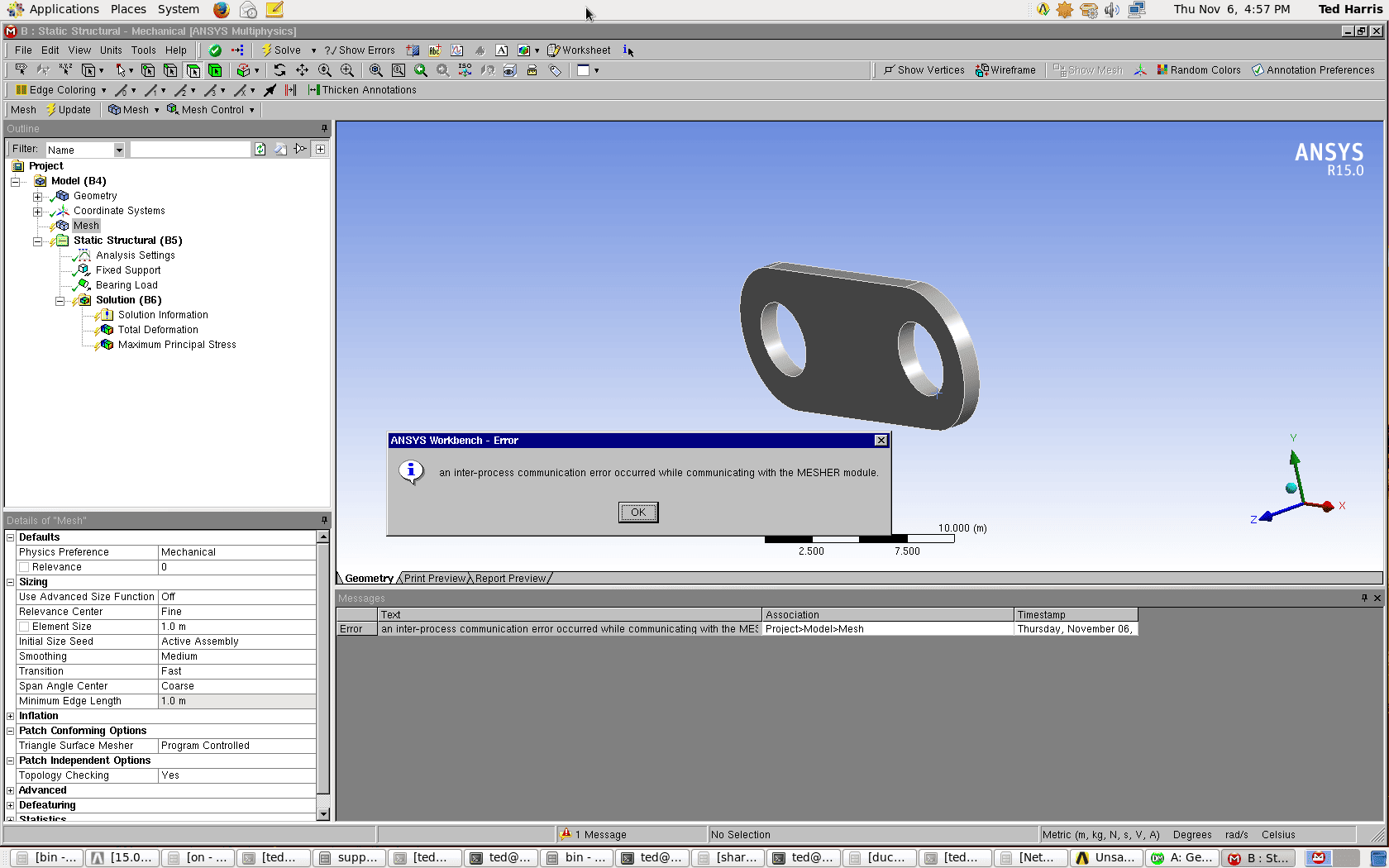

Schedule a crontab every hour (hourly cron)īelow schedule runs every hour and is used for the hourly task. Sometimes you may need to run a program like pinging servers for their availability. This one may be funny sometimes you may require run cron for every minute. 0 1 * * sun /path/to/script.shĠ or 7 means Sunday. You may need to schedule a cron to do weekend activities like taking full backup or configuration backup. 0 10,22 * * * /path/to/script.shĪbove cron runs twice a day at 10 AM and 10 PM.ģ. Schedule a cron to run twice a dayĭo you have a script that is required to be run twice a day? Use the below cron job example. This cron will be useful for you to do some cleanup activities on servers when there is a less usage. Schedule a crontab at particular time (at 1 am) Let us start with very basic crontab example. Crontab Examples in Linux – Crontab Time Format 20 Useful Crontab Examples Crontab logsĬrontab logs can be found in /var/log/cron Crontab format / Crontab time formatīelow illustration shows you the crontab time format. System wide crontab entries are found in /etc/cron and individual users crontab jobs are found in /var/spool/cron/ directory. To edit other users crontab jobs, use the below command. The command will open a file editor where you can update the jobs. To add or edit crontab jobs of a current logged in user, use the below command. If the crontab is not running, then start it using the following command. You can install crontab using the below command. The package name of crontab in CentOS / RHEL is cronie and cron in Ubuntu / Debian.

With crontab, we can schedule repetitive tasks as well as one-time tasks using utility.Ĭrontab is mostly used for executing backup scripts for taking the system backups and also sometimes to start and stop applications. Cron(aka Crontab) is a task scheduler in Linux that helps to execute a task on a scheduled time, and it is very similar to Windows Task Schedulers.


 0 kommentar(er)
0 kommentar(er)
